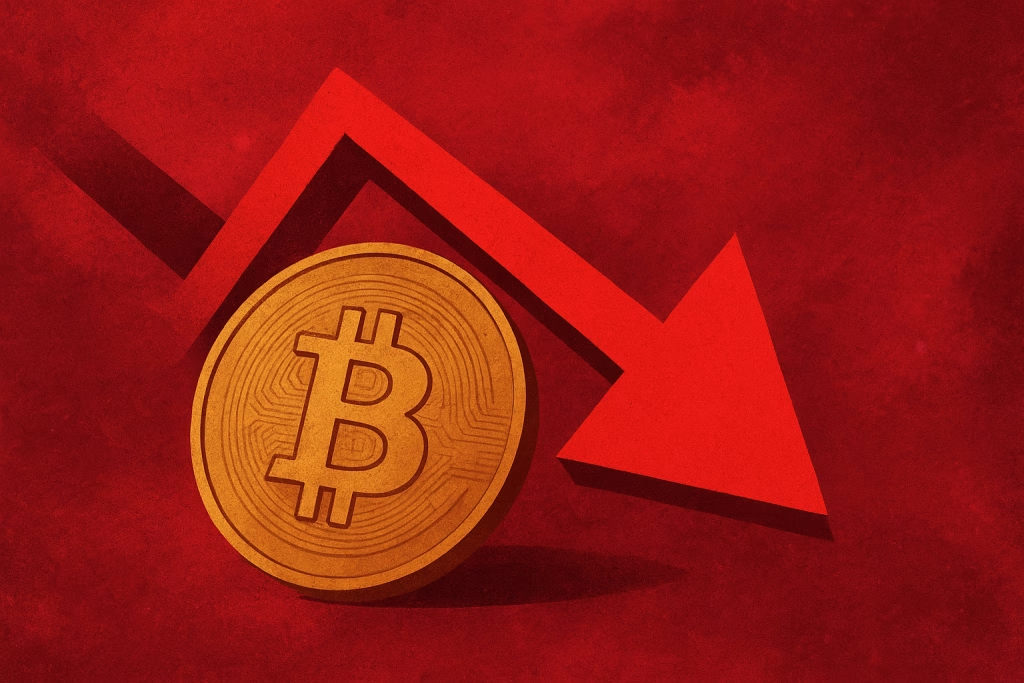What Memecoin ETF Approvals Mean for the Future of Crypto

The adoption of crypto as a form of institutional investment asset has now triggered excitement over the possibility of Memecoin ETF approval.
The SEC received its initial filings for an Official Trump (TRUMP), Dogecoin (DOGE), and Bonk (BONK) ETF on January 21. The likelihood of approval for memecoin-based ETFs has increased under the new acting SEC Chair Mark Uyeda, who succeeded Gary Gensler.
What are ETF’s in Crypto?
Crypto ETFs, or cryptocurrency exchange-traded funds like Bitcoin ETF, represent an innovative blend of traditional ETF structures and the burgeoning world of digital currencies. Unlike conventional ETFs that track indices, commodities, or baskets of assets, crypto ETFs focus on cryptocurrencies.
These ETF’s work by tracking the price of the cryptocurrency; for example, BTC ETFs reflect the price movement of Bitcoin.
Much like traditional stock exchange crypto ETFs are traded on stock exchanges, and they also experience volatility, but it heavily relies on the market price of the asset they present.
The Rise of Memecoins
Memecoins gained prominence as a humorous counterbalance to the more technically complex cryptocurrencies like Bitcoin and Ethereum. Fueled by viral social media campaigns and endorsements from influential figures like Elon Musk, coins like DOGE and SHIB became mainstream phenomena.
Though often criticized for lacking intrinsic value or utility, they have amassed billions in market capitalization, underscoring their staying power in the crypto ecosystem.
The Upside of investing in crypto EFTs
The approval of spot bitcoin ETFs in early 2024 has caused a significant shift in the cryptosphere.
This is because crypto ETFs endorse the legitimacy of crypto and open up the chance for international markets to explore similar markets, which appeals to investors who want to diversify their portfolio.
Investing in crypto ETFs saves the user time and energy of navigating through the complex world of cryptocurrency and the need for digital wallets, comprehending the blockchain network, and addressing security concerns.
Crypto ETFs function within a regulated financial system, offering a level of security and compliance that is not always present in direct cryptocurrency investments.
Investors who are willing to take on less risk feel more secure because of these regulations.
The creation of memecoin ETFs could contribute to the broader maturation of the cryptocurrency market. As memecoins are incorporated into diversified investment products, they will likely face increased scrutiny, fostering more transparency and stability. compared to the nature of direct crypto trading.
While ETFs can make memecoins more accessible, they won’t eliminate the inherent volatility of these assets. Investors may be drawn to the potential for high returns but must remain aware of the risks associated with these speculative coins.
The Future of Crypto with Memecoin ETFs
The approval of memecoin ETFs signifies a broader acceptance of cryptocurrencies as a legitimate asset class.
While memecoins may have started as a trend, their ability to capture market attention and liquidity has proven their cultural and economic impact. As the crypto market evolves, memecoin ETFs could act as a gateway for new investors, fostering innovation and diversification within the industry.
However, the key to their long-term success will be their ability to remain relevant in a rapidly changing environment. Whether memecoin ETFs are a fleeting trend or a foundational pillar of the crypto economy remains to be seen, but one thing is clear: they have opened a new chapter in the story of cryptocurrency’s integration with traditional finance.
As the crypto currency experience changes in various aspects, the possible emergence of memecoin ETFs could be one to look out for as it has so much unmatched potential, which, when utilized, can bring out a very high yield return.
Also with the new administration, which is pro-crypto, coming in, various crypto projects, including memecoin ETFs, could benefit from the policies and regulations that are to be passed
About Author








